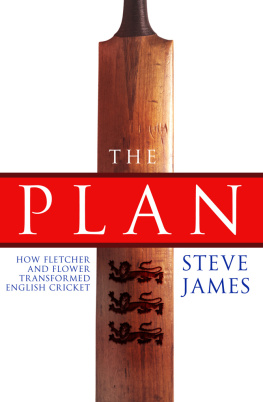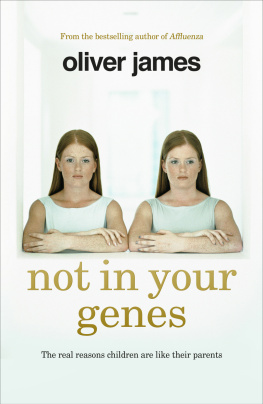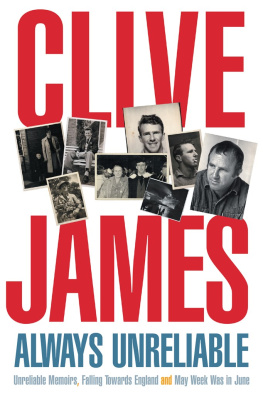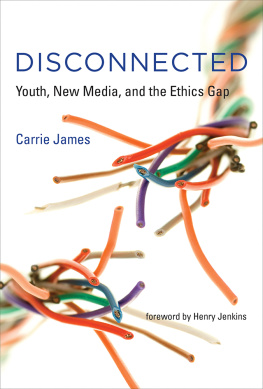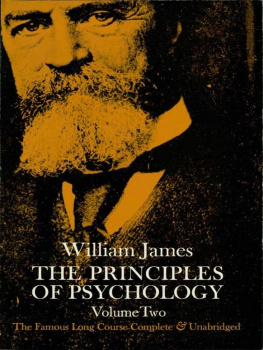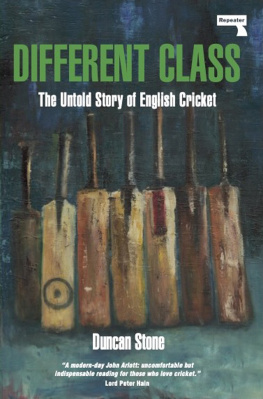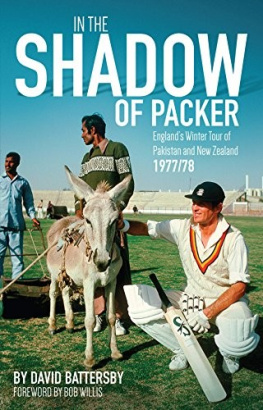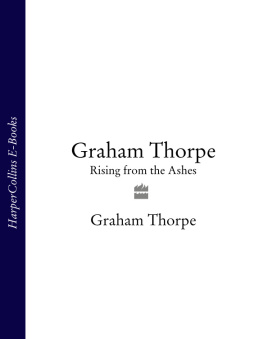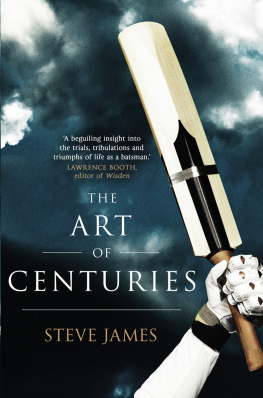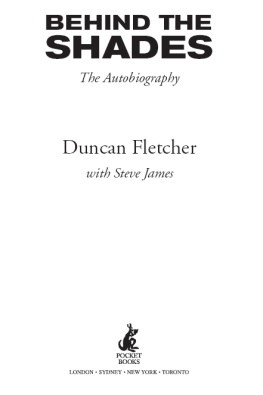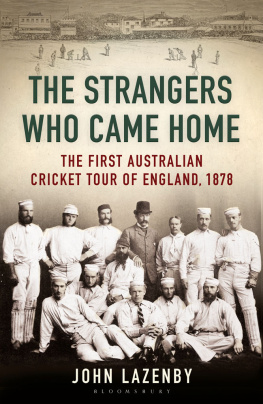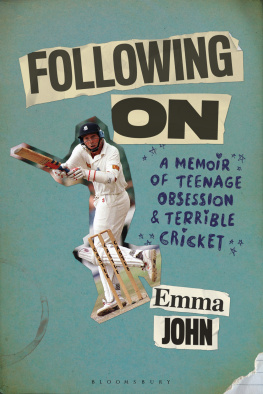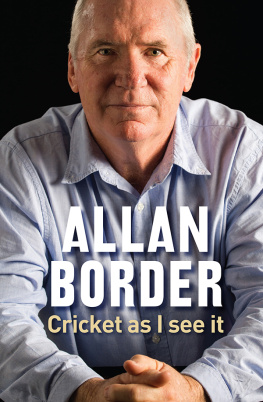About the Book
In the summer of 2011, England demolished India to take over their mantle as the worlds number-one Test cricket team. It was a remarkable achievement, following back-to-back Ashes successes, and was marked by devastating bowling, ruthless batting and all-round excellence both on and off the field.
Yet twelve years earlier, England could not have stooped lower. Defeat at the Oval by a mediocre New Zealand side saw the nation that invented the game hit rock bottom, sitting below even Zimbabwe. Just how did this remarkable transformation happen? And who were the key players behind the dramatic rise to the top of the rankings?
In The Plan, Steve James recounts how Duncan Fletcher and Andy Flower have been at the heart of the renaissance. With astonishing revelations from figures at the very centre of the sport, astute tactical analysis and entertaining anecdotes, it is the authoritative account of a brilliant, and very deliberate, overhaul of English cricket.
As a player under Fletcher at Glamorgan (as well as writer of his books), and close confidant of Flower for more than twenty years, James has the inside track on two exceptional England coaches and their fierce commitment to being the best.
THE PLAN
How Fletcher and Flower
Transformed English Cricket
STEVE JAMES
To my mum. I wish you could have read this in its finished form. And to my dad, always an inspiration.
Contents
Acknowledgements
Firstly thank you to Scyld Berry, my colleague at the Sunday Telegraph, whose idea this book was, and to whom I first wrote in 1996 when wanting to work in the national press. He has been a help and inspiration ever since. But the man who gave me my first break was Peter Mitchell, of the Sunday Telegraph. He is now sports editor there, and I cannot thank him enough for his backing, advice and friendship. Thank you also to Ben Clissitt, Adam Sills and Jim Bruce-Ball and everyone else at the Telegraph for their kindness and patience in allowing me to pursue this project.
Thanks too to David Luxton, of DLA, for his determination that this book should see the light of day. But I still cannot forgive him for being part of the Christ College, Brecon side that once inflicted upon me the most humiliating defeat of my cricketing career. That was not a defeat; it was a surrender, my Monmouth School cricket master said.
Thanks also to Giles Elliott at Transworld for embracing the idea. His enthusiasm from the off was extraordinary, his editing always thorough and sensible, and his knowledge outstanding. Well go on that bike ride one day, I promise. Thanks also to Daniel Balado-Lopez for his wonderful editing.
I am indebted to many people whom I interviewed or informally spoke to for the purposes of this book: David Morgan, Hugh Morris, Ashley Giles, Geraint Jones, Marcus Trescothick, Matthew Maynard, Dean Conway, Bill and Jean Flower, Grant Flower, Alistair Campbell, Lord MacLaurin of Knebworth, Tim Lamb, Ken Schofield, Brian Bolus, Peter Moores, Nasser Hussain, Michael Vaughan, Mark Garaway, James Boiling, Mark Wallace, Matthew Streeton, Andrew Walpole and Paul Grayson. There are also a number who wish to remain anonymous. They know who they are. Many thanks.
And thank you to a number of other journalists and commentators who have helped and advised: Richard Gibson, Simon Wilde (who passed on James Lawtons excellent advice: Get up at six a.m. every morning and do two hours work before the day starts!), Ian Ward, Paul Newman, Mike Atherton and David Lloyd. Thanks also to my parents who perused the text with their usual diligence and sharp eyes. Indeed they did, except that there is a tragic twist to this tale. My mum read the last few chapters while in hospital. She returned home, delighted that I had taken her advice and made all the suggested changes to the submitted manuscript. But a couple of weeks later, on 22 November 2011, she passed away. I hope this book would have made her proud.
A word for Duncan Fletcher and Andy Flower too, the two central characters in this story. I have known both of them for many years and regard them as close friends. Neither was interviewed directly for this book but both gladly endorsed the writing of it. Flower has told me that he does not want to write an autobiography (or authorize a full biography) after an earlier attempt was halted because of his uneasiness with the project, and his coauthor, Keith Meadows, has now sadly passed away. The current England team like to be discreet (thus Flowers mild rebuke of Graeme Swann in the autumn of 2011 when, in his autobiography, he made some criticism of team-mate Kevin Pietersen) and Flower was wary of talking about his team and their methods, but we do, of course, talk. Fletcher is always willing to talk. To me at least!
Finally, thanks and apologies to my wife, Jane, and children Bethan and Rhys for their love, support and tolerance. Ill get up later from now on
Introduction
Id like to begin at the beginning, as Dylan Thomas did in Under Milk Wood. And given that much of the thinking for and indeed some of the writing of this book took place in a favourite holiday retreat in the west Wales village of Laugharne, where Thomas lived, it would be apt. But the truth is that we are not beginning at the beginning. Rather we are beginning at the bottom. At a bottom so low that it was certainly made of rock.
We begin on a day so dark that it was indeed the bible-black imagined by Thomas at the start of his celebrated play. In Test cricket, the format that really matters, England have rarely suffered a darker day. On Sunday, 22 August 1999 they lost a Test match to New Zealand at the Oval, and with it the series. Embarrassing at the best of times, yes, but that was not the half of it. In doing so they also slipped to the bottom of what was then called the Wisden World Championship, below even Zimbabwe in the rankings of the nine Test-playing nations. It was probably just as well that Bangladesh still had another year to wait before playing their inaugural Test.
As captain Nasser Hussain went to the pavilion balcony for the after-match presentations, he was roundly booed. It was the appropriate sound to end a quite dreadful summer, which had begun with an unedifying row between Englands players and the England and Wales Cricket Board over pay for the home World Cup. Then those very same players acquitted themselves so poorly in that tournament that, after a performance of remarkable ineptitude in defeat to India at Edgbaston, they were eliminated the day before the tournament song was released. Lets get things fully in proportion, wrote John Etheridge in the Sun. This was only the most catastrophic day ever for English cricket. He was wrong. That would actually come later in the summer, at the Oval.
And the administrators didnt exactly cover themselves in glory, producing a World Cup opening ceremony at Lords that can only go down in the history column marked Cock-Ups. It really did consist of little more than a couple of banger fireworks and a dodgy public address system that failed when Prime Minister Tony Blair tried to speak.
After the Oval defeat the ECBs chief executive Tim Lamb said that there was nothing wrong with English (and Welsh of course!) cricket except the shop window (the analogy always used of the England team by ECB chairman Lord MacLaurin of Knebworth, unsurprisingly so given that he had been chairman of Tesco). It was brave defiance, but essentially misguided. Subsequent off-field improvements, like central contracts, the establishment of a National Academy and a two-divisional set-up for the county championship, which were to come soon afterwards, have proved that there was much wrong with the rest of the shop too.
The truth is that the game as a whole in England and Wales was still coming to terms with the fact that the shop window had to be of paramount importance. The state of English and Welsh cricket (from now on I will just say English if that is OK, hoping my friends in the Principality will understand) is judged by the performance of its national team. And back then that window was a horrible sight. There was glass everywhere. It had been smashed to smithereens. As Lamb now admits, It was a disastrous summer, and MacLaurin recalls walking away from the ground to his London apartment afterwards, wanting to hide his head in embarrassment. It was horrific, he says.
Next page
